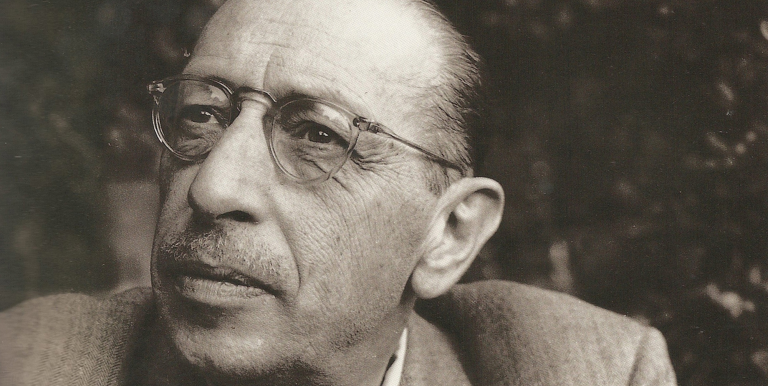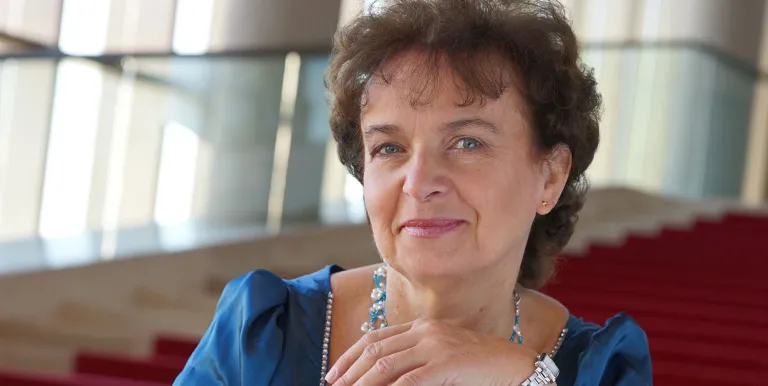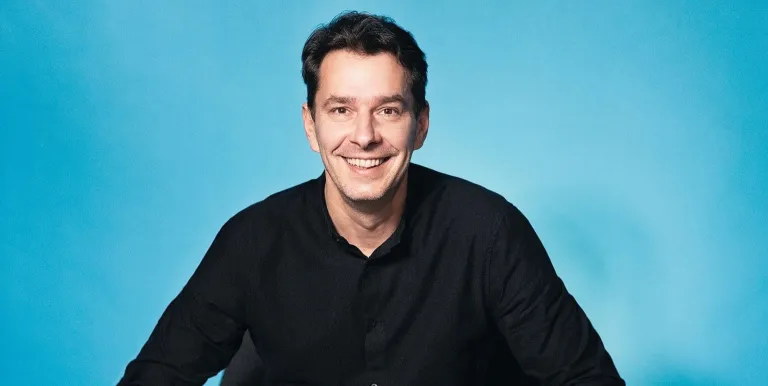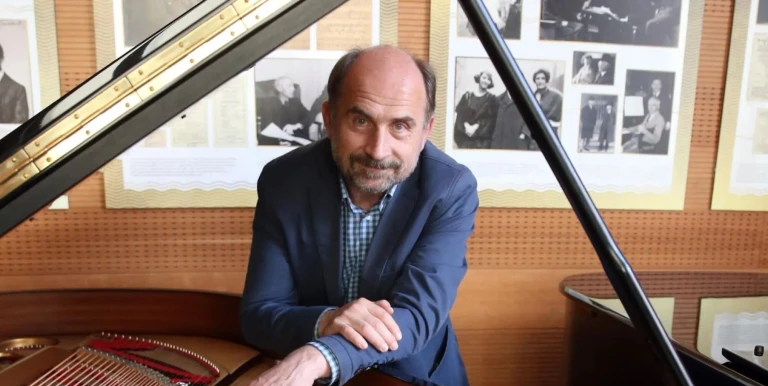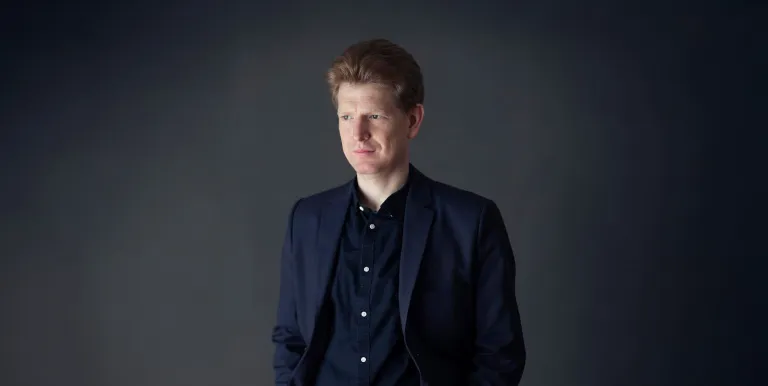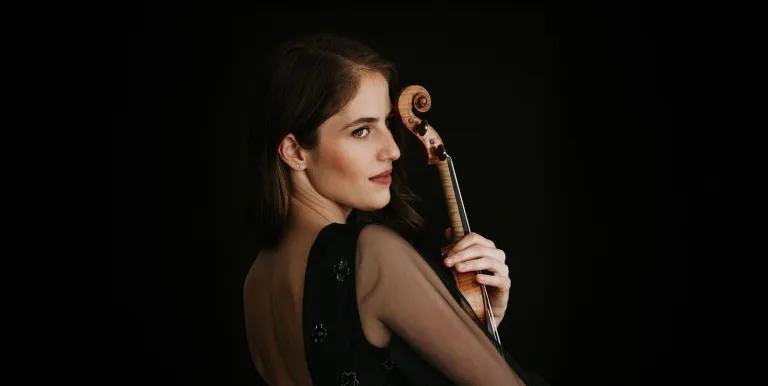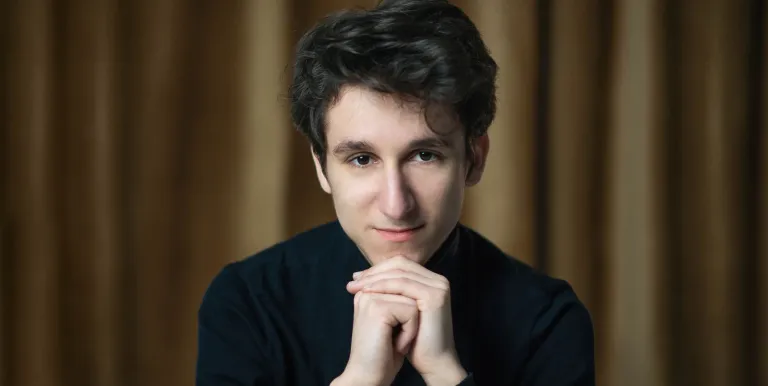Conductor:
Featuring:
Creators:
Stravinsky
Histoire du soldat (The Soldier’s Tale)
According to Stravinsky, the idea of L’histoire du soldat occurred to him in 1917. “The idea of writing for a théâtre ambulant (touring theatre company) has come to me more than once since the outbreak of the war. The kind of play I was thinking of would employ very few characters so that it could be performed everywhere while travelling through Swiss villages, and it had to be quite simple too for the audience to grasp it easily. I discovered the topic in a tale about a Soldier and the Devil by Afanasiev,’” says Stravinsky. (Afanasiev collected his stories about the military from peasant conscripts during the Russian–Turkish war.)
As the composer tells about it, his original concept was “to make the time and style of our play fit the period around 1918 as well as any other period; to fit several nations and none; and we had to achieve this goal without demolishing the Devil’s role in religious culture.” The original performance of the play, as well as the sets and the staging, followed this concept. “In 1918, our soldier was explicitly a victim of the current world conflict, although the performance remained neutral from all other points of view. L’histoire du soldat is my only work for the stage with topical references.” The libretto was written by Charles Ferdinand Ramuz, who tells us that he first met Stravinsky in a restaurant in Lausanne and who “…introduced himself as an admirer of Petroushka. Ramuz was an incredibly kind person (except towards his wife, who he was forced to marry and continued to call Mademoiselle…), bursting with life. Our co-operation, while we were preparing the French version of my Russian texts, was one of the most enjoyable literary partnerships of my life.”
In his conversations with Robert Craft, apart from choosing the topic, the composer also tells him about the style of the work and his choice of instruments for it. He had to make do with a bare skeleton of an instrumental group, yet this wasn’t only due to financial considerations: “this restriction didn’t mean an opportunistic compromise, as my musical ideas had originally pertained to solo instruments. My choice of instruments was influenced by an important event in my life, my discovery of American jazz.”
The work premiered in Lausanne with considerable success. However, the artists had to be content with a single performance as the Spanish flu reached Lausanne the following day.
- Tickets of each of the 50 minute concerts are 990 HUF, anyone purchasing three tickets is entitled to enter the fourth free of charge. So the cost of attending all 11 concerts is 8910 HUF instead of 10890 HUF.
Presented by: Budapest Festival Orchestra, Palace of Arts
-
We wish to inform you that in the event that Müpa Budapest's underground garage and outdoor car park are operating at full capacity, it is advisable to plan for increased waiting times when you arrive. In order to avoid this, we recommend that you depart for our events in time, so that you you can find the ideal parking spot quickly and smoothly and arrive for our performance in comfort. The Müpa Budapest underground garage gates will be operated by an automatic number plate recognition system. Parking is free of charge for visitors with tickets to any of our paid performances on that given day. The detailed parking policy of Müpa Budapest is available here.

